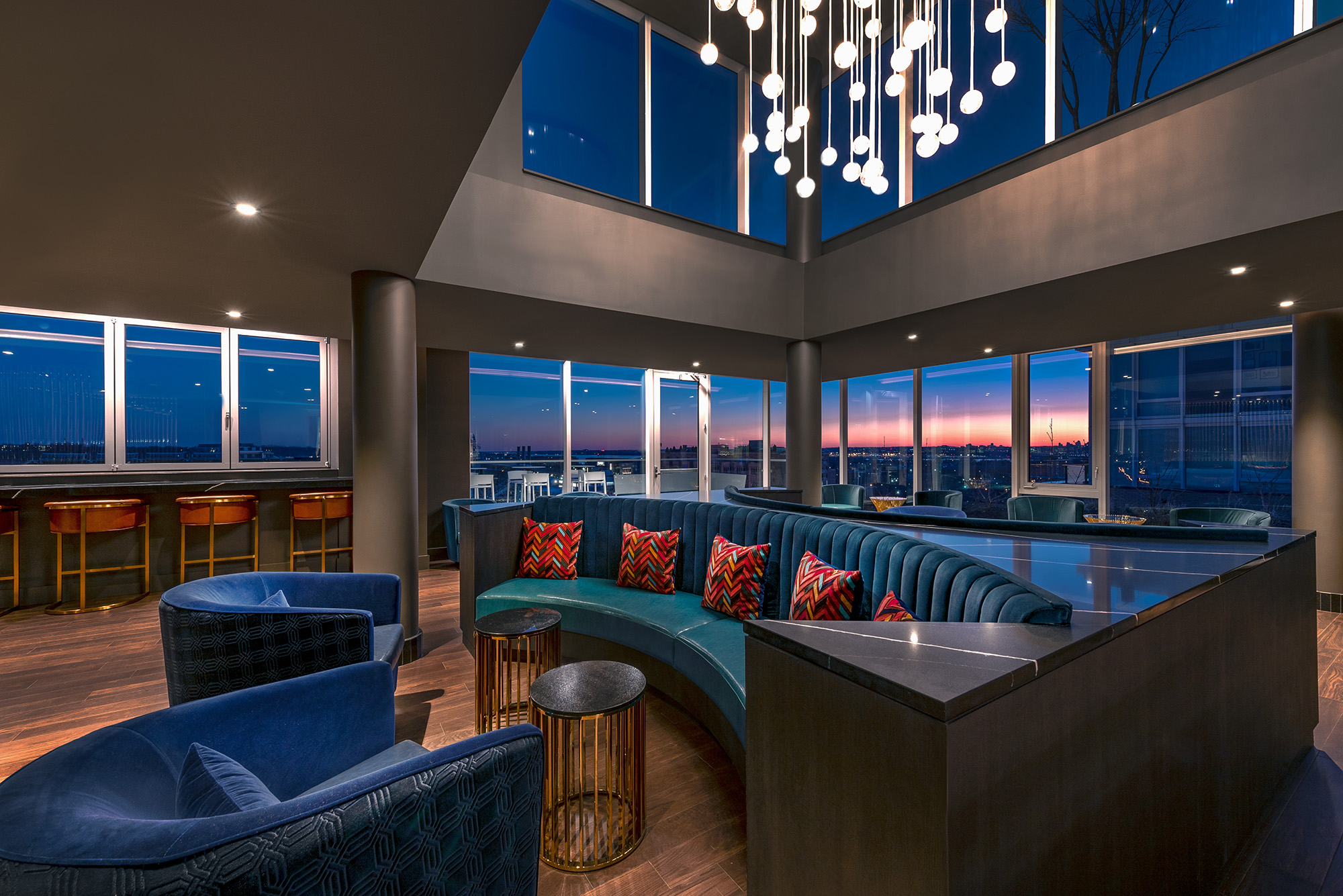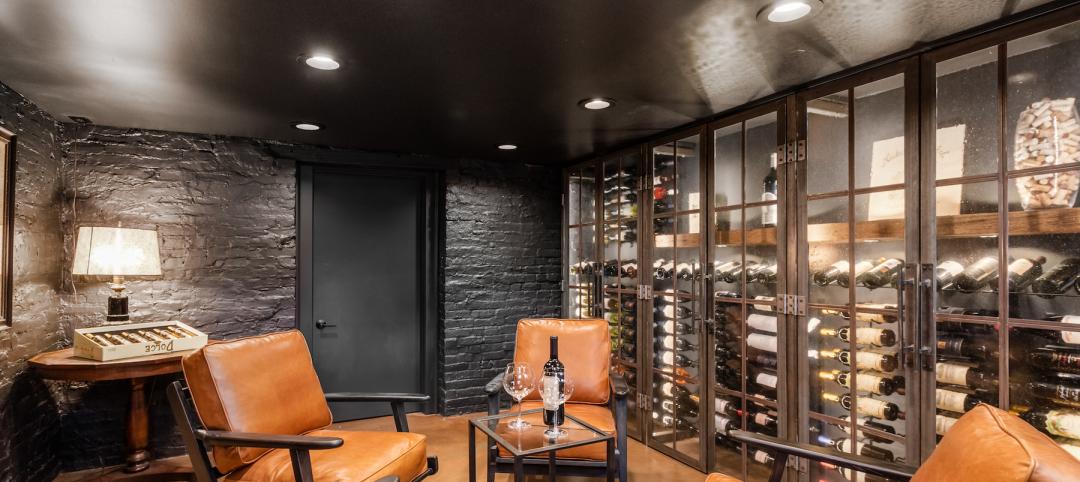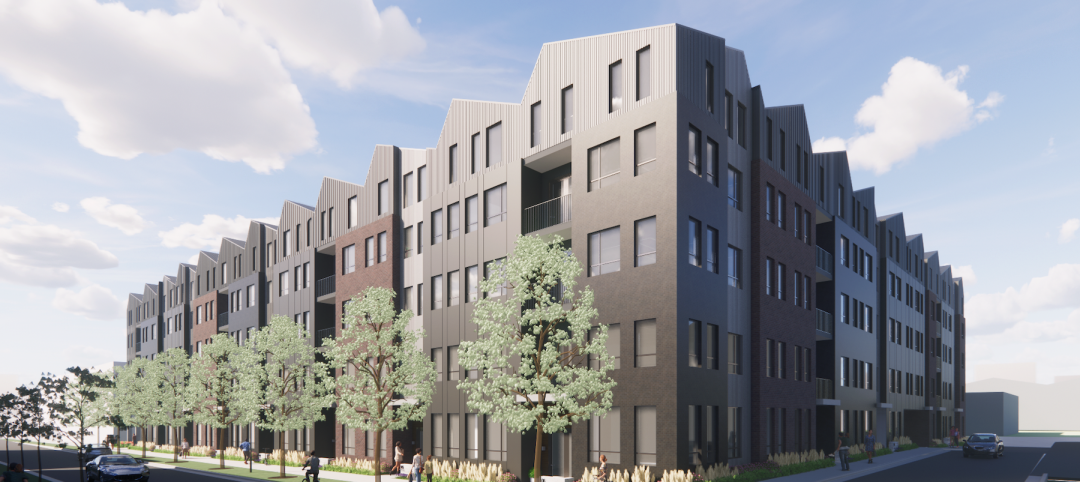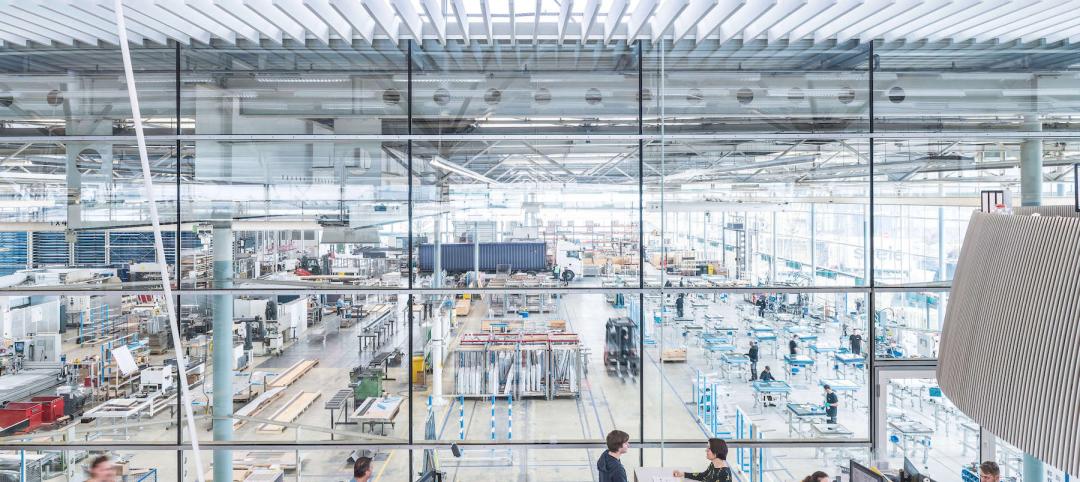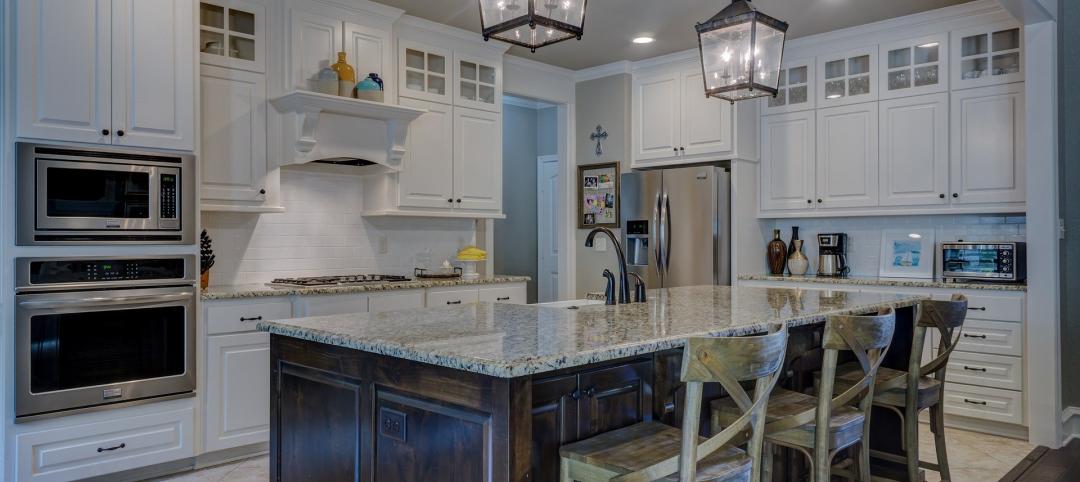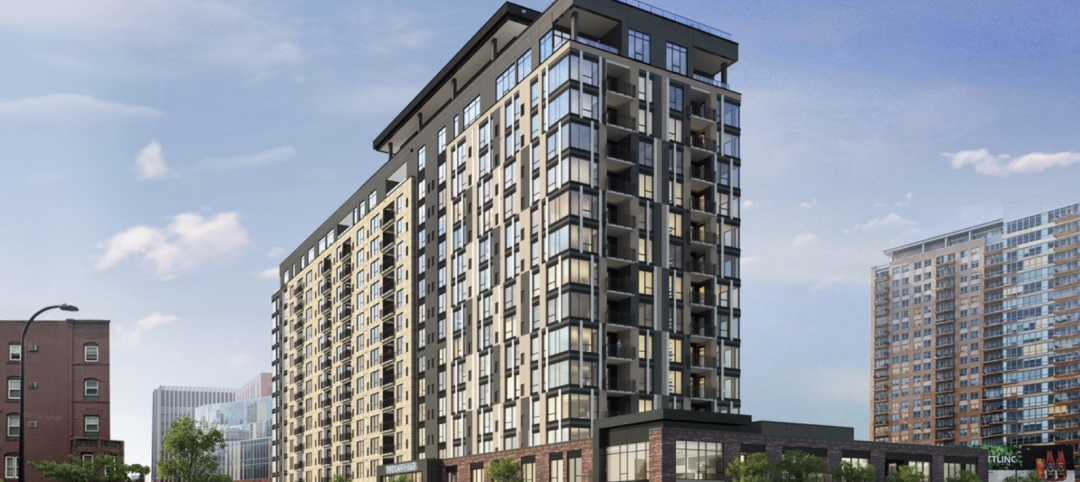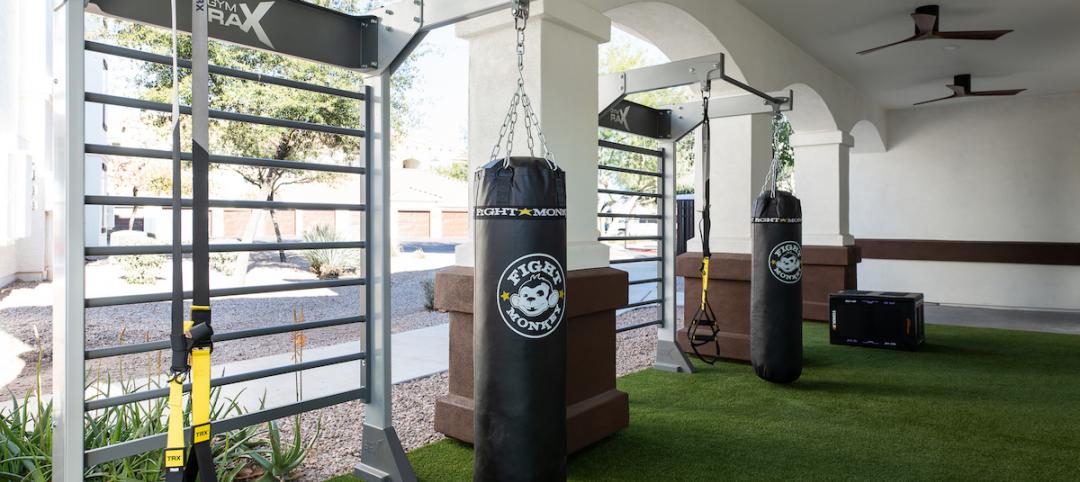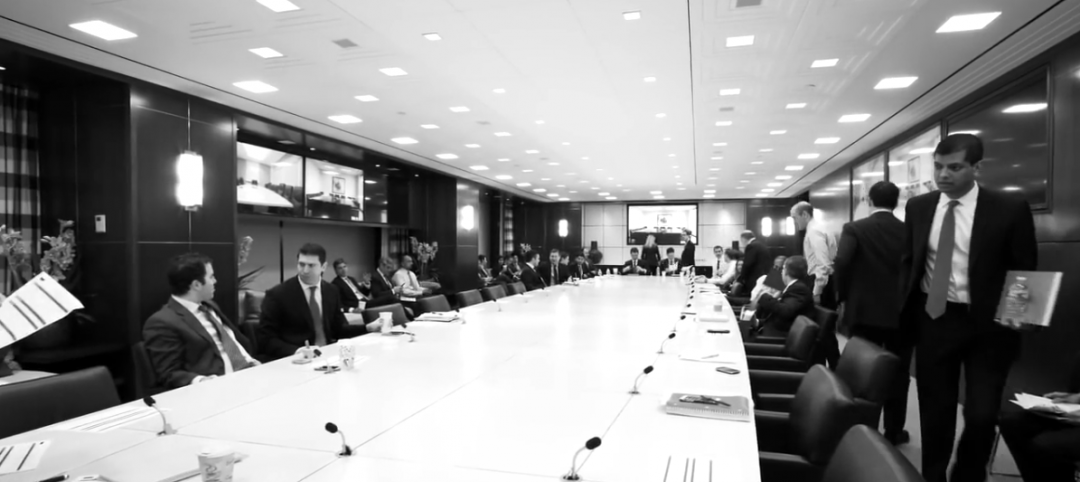The realm of residential development is consistently evolving in response to the shifting needs in the market. As priorities realign and demographic landscapes transform, multifamily designers and developers find themselves in a continuous state of adaptation to resonate with residents in an increasingly competitive arena.
At V Starr, as collaborative design partners to developers across the country, we've observed particularly pronounced shifts regarding tenant lifestyles and thus, their living needs.
What are these pivotal multifamily trends, and how can we effectively respond to them to craft spaces that not only meet but exceed the expectations of today's discerning residents?
Top 5 Multifamily Trends in 2024
1. Health & Wellness
Wellness holds steady as a high priority for residents in multifamily properties, and as such, a standard gym no longer meets their expectations. Today, multifamily dwellers are not impressed with standard fitness facilities but rather yearn for provisions catered to holistic wellness practices. We’re seeing developers and their partners responding to the call with everything from cryotherapy pods to full luxury spas, and even atriums and green spaces to help ground residents and stay connected with nature in major cities.
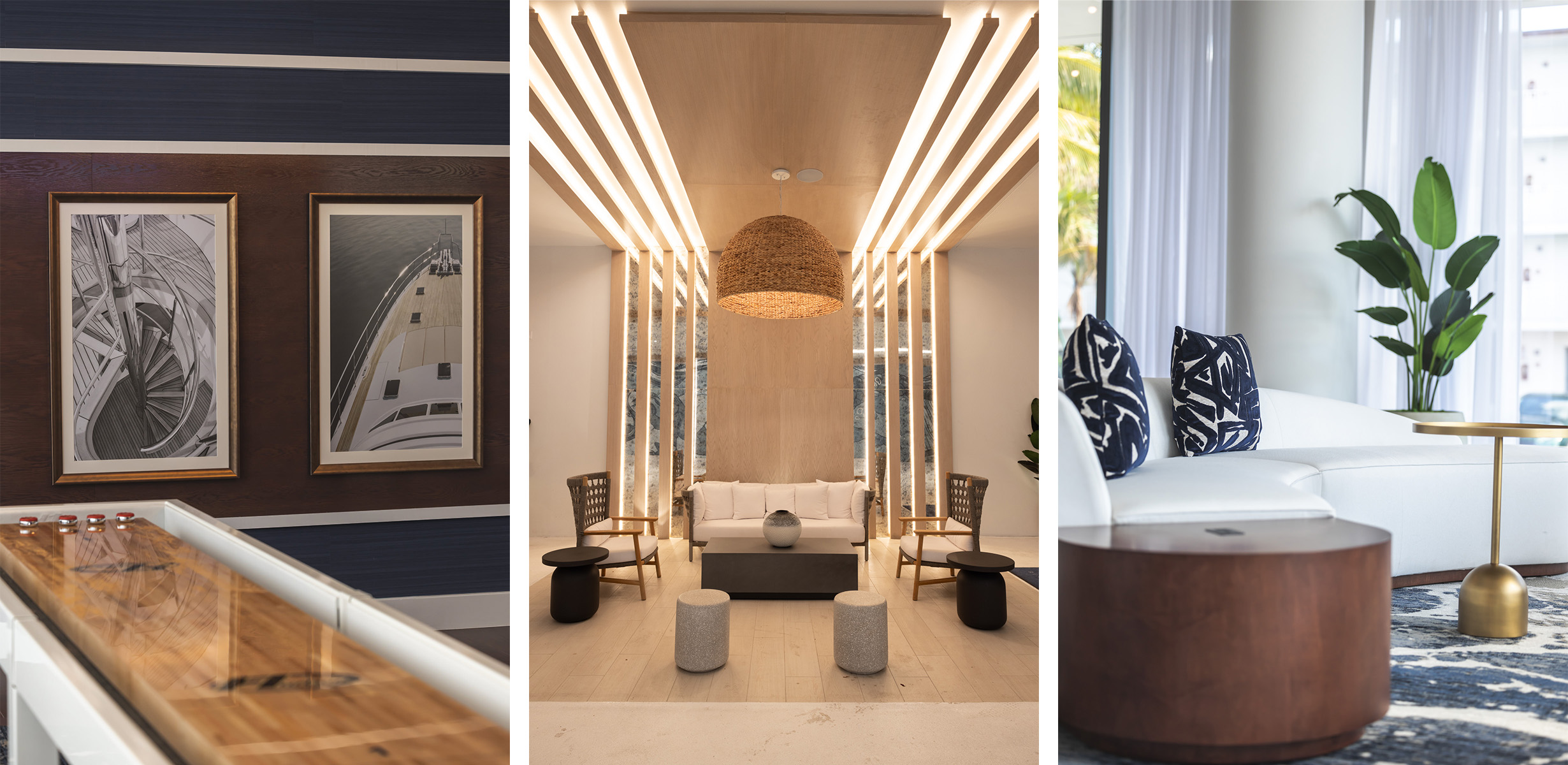
When it comes to the design of these spaces, we’re minding wellness in our material selection as well. In sourcing natural and non-toxic materials we aim to meet end users’ standards with selections that are not only aesthetically sound but also more environmentally friendly. Further, the inclusion of biophilic elements is known to contribute positively to overall mental well-being by fostering a sense of calm.
2. Diversification of Lifestyle Amenities
Outside of health and wellness, amenities are evolving to allocate dedicated spaces for leisure activities that cannot necessarily take place in small apartments or condos. Podcast studios, VR rooms, and even indoor pickleball courts are just a few examples of new accommodations now being integrated into modern developments.
Community is another important factor for residents as they all seek organic connections with neighbors and guests beyond the confines of their units. From membership pool clubs to rooftop clubs and full game room lounges, the rise of social hospitality spaces attests to the growing popularity of initiatives aimed at nurturing a vibrant community spirit among residents.
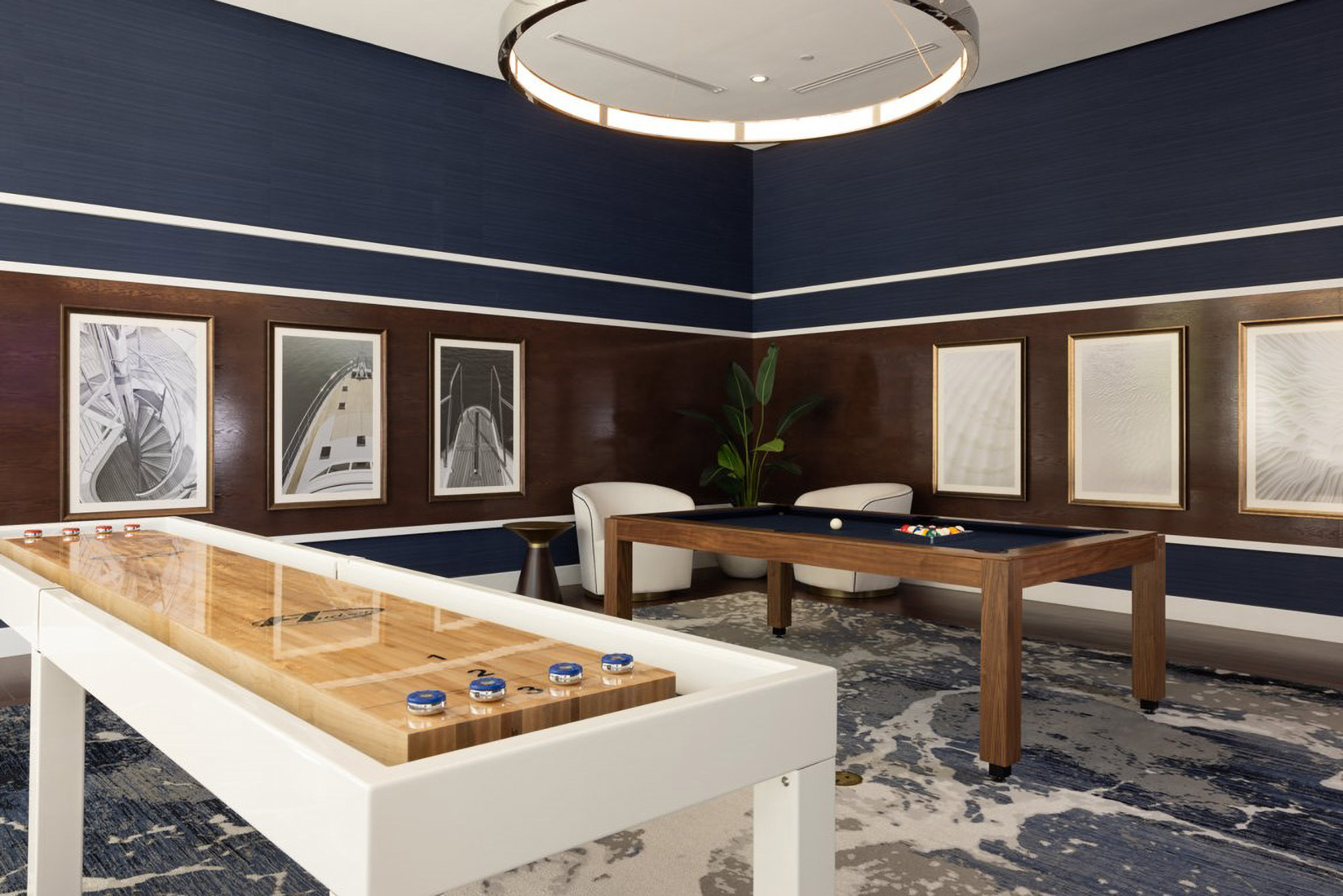
Mirroring the convenience offered at hotels and short-stays, grab-and-go drinks and food marts are another growingly common amenity that helps meet tenants’ needs with convenience.
3. Flexible, Multipurpose Spaces
With hybrid work holding steady across industries, coworking spaces persist as a prevalent amenity in multifamily buildings. Ranging from well-equipped conference rooms to individual workspaces, thoughtfully designed spaces enhance productivity and also offer an environment for remote employees to draw motivation outside of their living quarters. As hybrid work endures, these dedicated workspaces have become a key draw for residents.
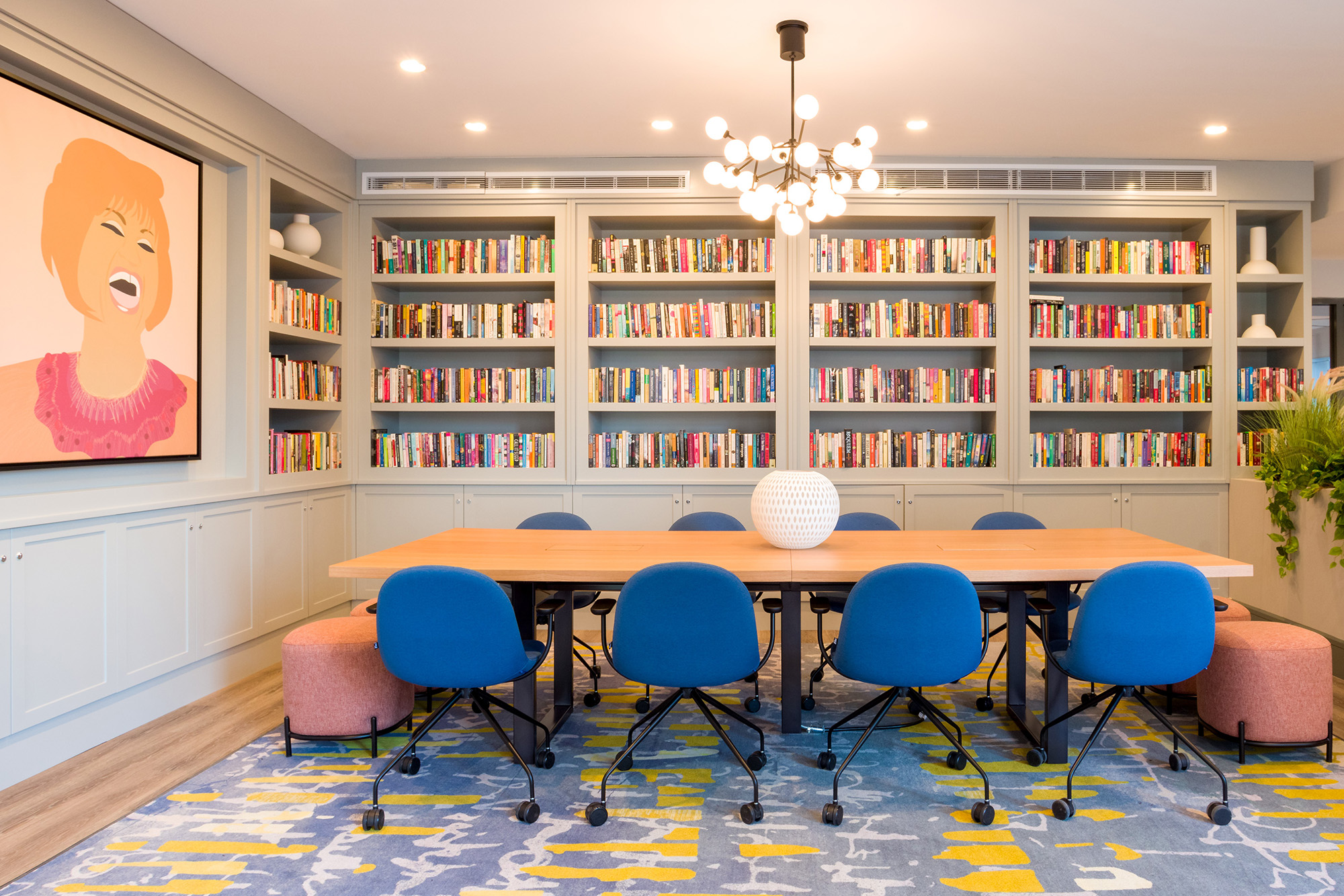
Simultaneously, increased demand for home office spaces within residences has created a need for versatile spaces. This shift not only influences the dimensions of apartments but also redefines the unit mix by challenging the conventional notion that two bedrooms are exclusively designated for families.
Instead, these spaces are now envisioned to serve dual purposes that can accommodate working from home. With this, too, comes the need for flexible storage solutions for work-related items that are out of sight and mind when guests visit but are easily accessible and convenient when needed.
4. Catering to Aging Renter Demographics
As Boomers look to downsize and explore new cities, they seek out the same amenities as Millennials, but with a more refined taste that reflects the comforts of home that they’re used to. Developers and designers are meeting their expectations with thoughtfully curated spaces that feel warm, inviting and luxurious.
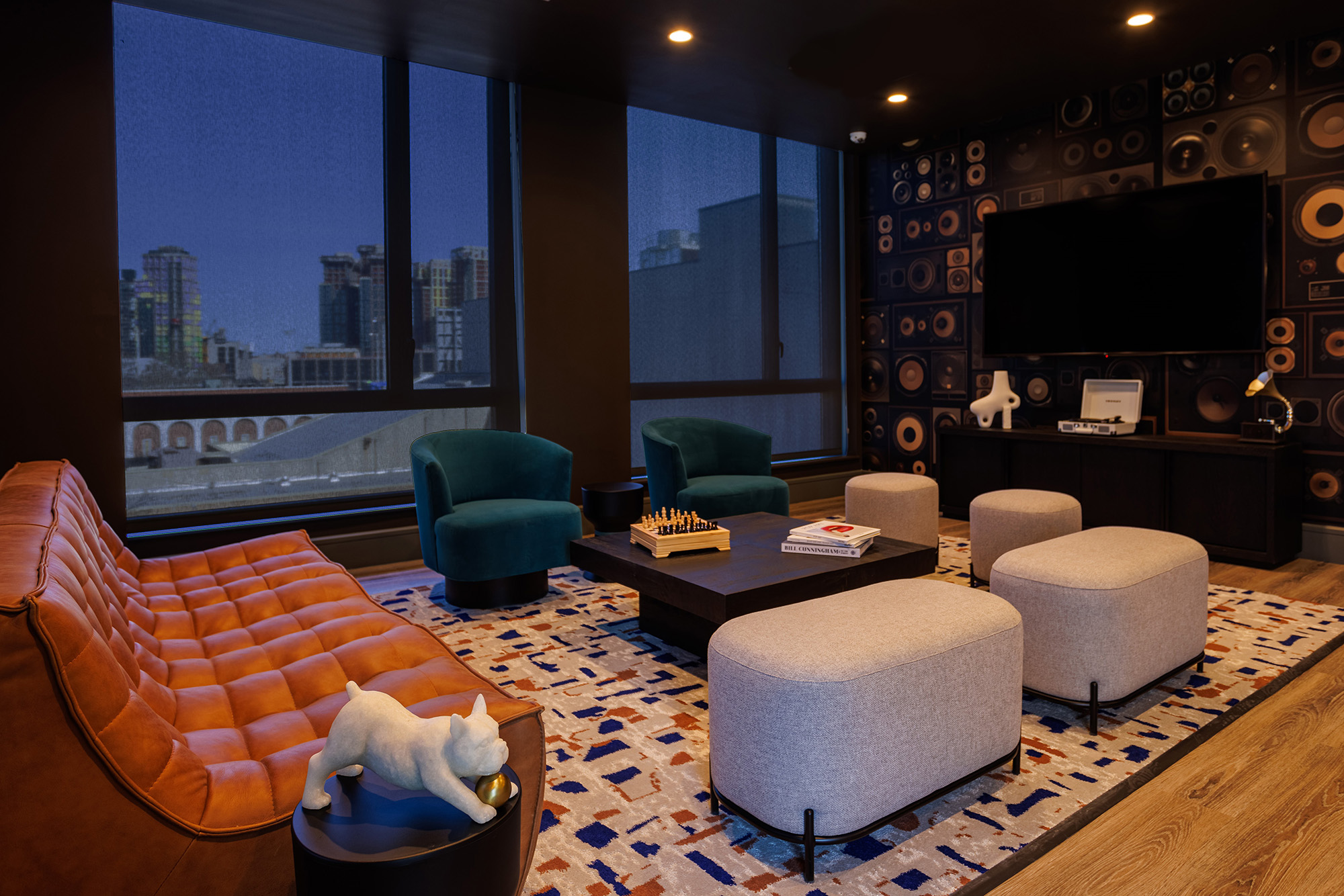
Through tactile materials, soothing color palettes and curated art packages, lounges, lobbies and amenity spaces are now approached as seamless extensions of the residents’ apartments.
5. Building Neighborhoods to Thrive
Underlining the increased focus on community, multifamily designers are embracing a holistic, mixed-use approach that considers not just residential, commercial, and retail but also food and beverage, entertainment, and performing arts, plus plenty of greenspaces. Sound rooms and stages and even hidden speakeasies are just a few of the ways property groups are accounting for the varied interests of their residents, offering a close-knit hub to meet and connect right in their communities.
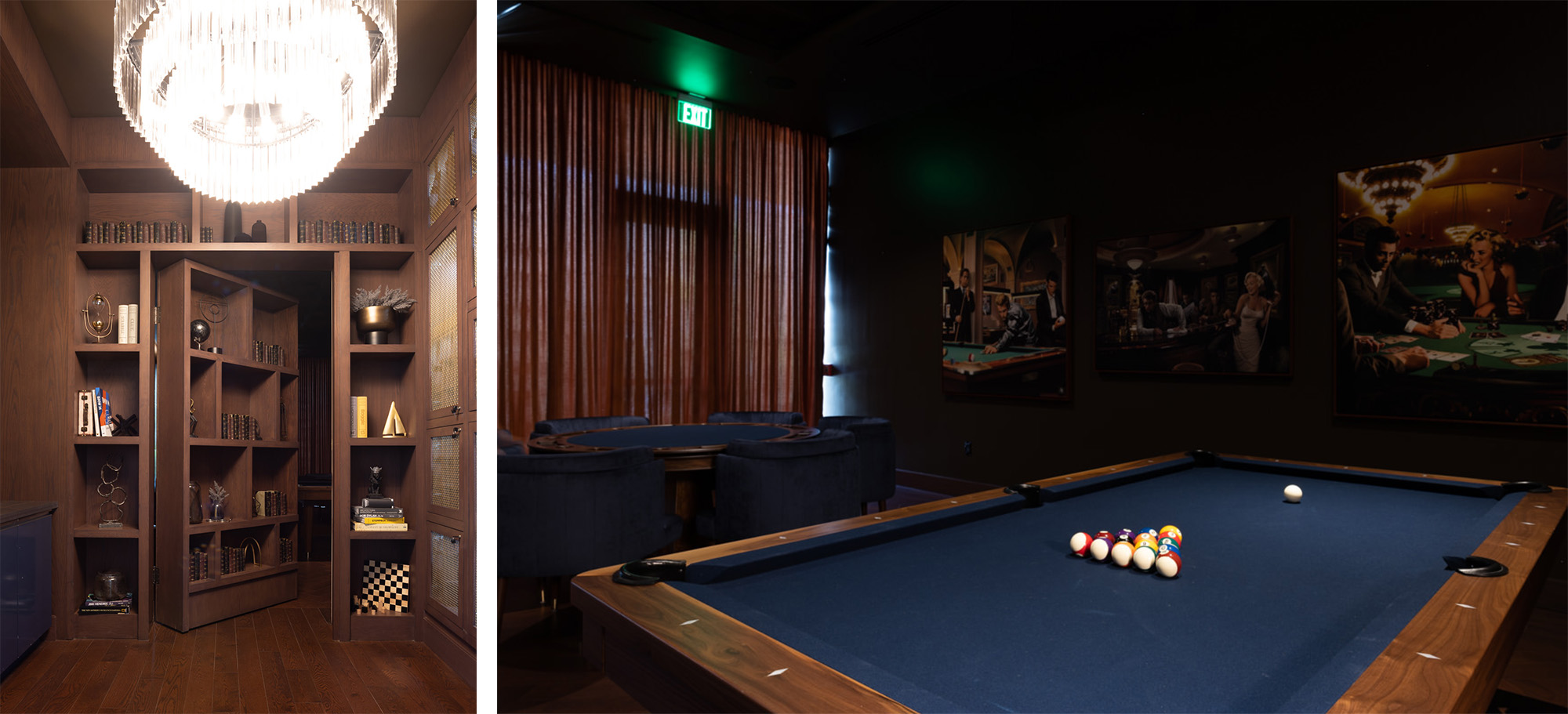
In essence, our commitment lies in crafting enduring spaces. As the dynamics and preferences of multifamily developments transform, designers and our partners aim to meet these shifts in the market with thoughtful considerations that evolve with time. While we work to accommodate each of these shifts into our projects, we too consider how they will evolve by offering flexibility in layout and function to consistently bolster vibrant and thriving communities.
Related Stories
Sponsored | BD+C University Course | May 10, 2022
6 steps to designing a modern wine display
Design-focused wine displays are becoming increasingly popular in amazing residential and commercial properties throughout the world. Top design/build professionals are using stylish wine racks and other premium materials to create wine cellars that are too beautiful to hide in out-of-the-way places like dusty basements. This course explains why wine cellars have become so popular and the key aspects of designing an appealing modern wine cellar, broken into six planning steps that should be considered during pre- or early-construction phases.
Multifamily Housing | May 10, 2022
Multifamily rents up 14.3% in 2022
The average U.S. asking rent for multifamily housing increased $15 in April to an all-time high of $1,659, according to Yardi Matrix.
Sponsored | Multifamily Housing | May 8, 2022
Choosing the right paver system for rooftop amenity spaces
This AIA course by Hoffmann Architects offers best practices for choosing the right paver system for rooftop amenity spaces in multifamily buildings.
Building Team | May 6, 2022
Atlanta’s largest adaptive reuse project features cross laminated timber
Global real estate investment and management firm Jamestown recently started construction on more than 700,000 sf of new live, work, and shop space at Ponce City Market.
Multifamily Housing | May 5, 2022
An Austin firm touts design and communal spaces in its student housing projects
Rhode Partners has multiple towers in various development stages.
Sponsored | BD+C University Course | May 3, 2022
For glass openings, how big is too big?
Advances in glazing materials and glass building systems offer a seemingly unlimited horizon for not only glass performance, but also for the size and extent of these light, transparent forms. Both for enclosures and for indoor environments, novel products and assemblies allow for more glass and less opaque structure—often in places that previously limited their use.
Multifamily Housing | May 3, 2022
Call for Kitchen+Bath projects and products – for next issue of "MULTIFAMILY Design+Construction" (no charge to participate!)
Multifamily AEC firms and developers and product manufacturers can submit Kitchen+Bath projects and products – for the next issue of "MULTIFAMILY Design+Construction."
Multifamily Housing | May 1, 2022
Kraus-Anderson helps fill void in tight Twin Cities housing market
One project just came online, and another apartment building should be completed this summer.
Multifamily Housing | Apr 26, 2022
Fitness centers for multifamily housing: Advice from 'Dr. Fitness,' Karl Smith
In this episode for HorizonTV, Cortland's Karl Smith shares best practices for designing, siting, and operating fitness centers in apartment communities.
Multifamily Housing | Apr 26, 2022
Investment firm Blackstone makes $13 billion acquisition in student-housing sector
Blackstone Inc., a New York-based investment firm, has agreed to buy student-housing owner American Campus Communities Inc.



